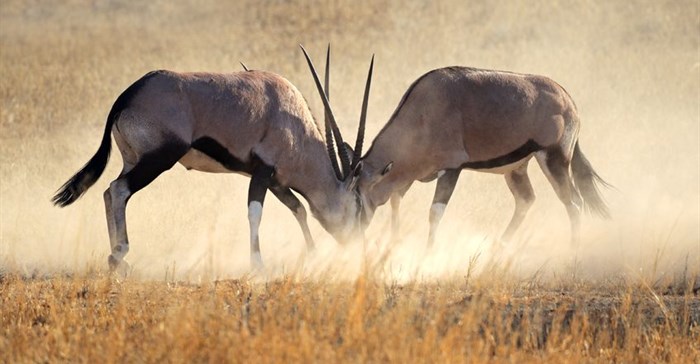
Related
Top stories






More news

ESG & Sustainability
#AGES2026: How to back Africa's next-gen green and blue entrepreneurs


















Logistics & Transport
#Budget2026: Road freight logistics and what it means for consumers


The five-day meeting, which started on Sunday, 12 March, is hosting about 200 delegates representing 79 different scientific and conservation organisations from 14 countries worldwide.
According to the SANParks acting head of communications, William Mabasa, this makes it one of the most crucial events in the organisational calendar.
“This meeting has grown from one encouraging scientific dialogue around biological research in the KNP to one now encouraging a broader social-ecological savanna focus from across different continents,” Mabasa explained.
The programme includes 110 presentations and 28 poster presentations which provides an opportunity for scientists to share their latest research findings conducted in national parks and other conservation areas within the savanna biome.
This includes numerous research projects from conservation areas mostly within South Africa (with KNP the best represented), but also drawing in relevant research and understanding from other savanna protected areas across the globe, including Australia, South America, USA and Asia.
Many topical issues in ecological and social sciences will be covered during the four days’ presentations. These include:
A mix of basic and applied research, spanning the biophysical and social domains strengthens research and monitoring efforts as well as capacity building.
“The close interactions between academics and park authorities facilitated by this meeting are key to promoting pro-active evidence-based decision-making, and directing research into priority conservation management needs.
“As SANParks, we have been hosting this meeting for 15 years now which is an honour for us because many researchers rate this meeting as the leading savanna meeting in the world,” Mabasa said.